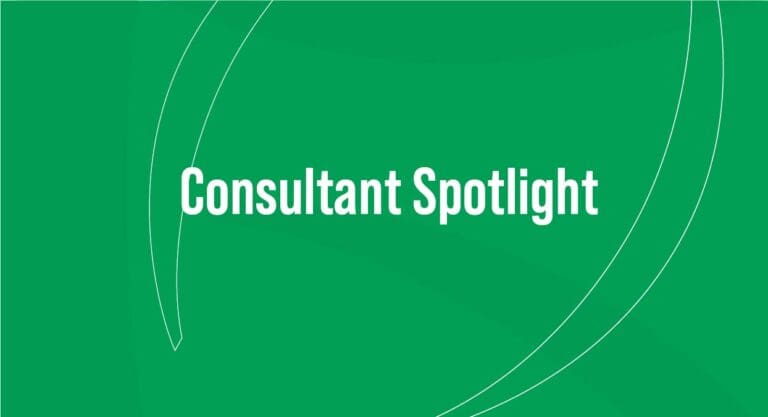Meet our DLC Finance and Accounting Consultant, Silvia Gunawan!

Meet our Finance and Accounting Consultant, Silvia Gunawan! Silvia has been a valuable part of DLC Consulting for a year! Get to know her better below!
Hometown: Surabaya, Indonesia.
Alma Mater: In 1994, I went to Ohio State University for my Bachelor’s degree; in 1999, I came to California and went to Cal Poly Pomona for my Masters in Finance.

Favorite things to do outside of the office: Outside of the office, I enjoy nature and culinary travel. Due to the pandemic, I tend to be cautious of late. Bangkok, Singapore and South Korea have been highlights of my travels!
How has your background impacted your experience as a consultant? I had the opportunity to work in a number of accounting roles in companies of various sizes ($5M to $35B) and industries (manufacturing, property management, entertainment, healthcare, and retail) prior to joining DLC. My longest and most in-depth experience was in the entertainment industry. This experience helped me to “hit the ground running” when I started my first DLC project, with an entertainment company.
What’s a typical workday like for you? A typical day entails going through a to-do list for the day, evaluating tasks and finding ways to improve efficiency and accuracy, writing desktop procedures on tasks, and researching to help answer questions that other teams/departments may have.
What motivates you to wake up and go to work every day? I feel fortunate to have the experience and skills to do my job well, and I am proud to be a part of a company like DLC that takes good care of their employees and strive to provide the best service to the clients.
What kind of work have you been doing? My first project with DLC was with an entertainment company that creates and distributes premium and popular entertainment content. My role as Senior Financial Analyst for the Home Entertainment division was to work closely with the parent company, making sure the intercompany revenues and expenses were recorded correctly. I worked closely with IT and other departments (Participations and Residuals) to make sure transactions were correctly recorded. I implemented processes to improve efficiency and accuracy by removing redundant tasks, placing formulas and checks to formerly hard-coded numbers, and writing step-by-step desktop procedures on tasks.
Where did you deliver the most value to your client? I was able to spot errors in how some transactions were recorded. As an example, on a quarterly basis, an accrual needed to be booked for any A/P distributions that were recorded after the cutoff date. The accrual was previously booked to one specific account when the invoices were coded to multiple different accounts. I corrected the error and wrote a desktop procedure on how to book the accrual. Journal entries files and supports were saved in multiple different folders. This was unnecessary and I consolidated everything in one folder. During my time working with the client, there were requests for audit support, and there were no instructions on how to provide the support. The client used Oracle as ERP. After doing some research, combined with my knowledge in Oracle, I was able to provide the support requested and write desktop procedures on how to do the task.
Linking data to finance and accounting, explain environments that have had a lack of reporting infrastructure/inefficiencies and how you have brought organization and solutions: In my previous consulting role, a proper Balance Sheet reconciliation procedure was not in place. First, I gathered Inception to date data for all the accounts, analyzed them, did the necessary cleanups (reclasses/adjustments), and wrote step-by-step desktop procedures on how to do the reconciliations. This project was originally for 6 months, but was extended 3 times.
What’s your process? In my previous consulting role, the existing Balance Sheet reconciliation process did not meet the requirement set by the consolidation team due to a lack of detail and/support. My tasks are to set up a proper Balance Sheet reconciliation process and make sure the reconciliations are correct as well as have all the documents to support the balances. I gathered Inception to date data along with the supporting documents (mostly for accounts with significant balances) and analyze them, record all the necessary adjustments, and reclasses based on the supporting documents. Once the cleanup is done and proper reconciliations are in place, I wrote step-by-step desktop procedures so that the next person who takes over the role will be able to follow them easily. The new reconciliation process is more efficient, provides accurate data and supporting documents, and is accepted by the consolidation team.

